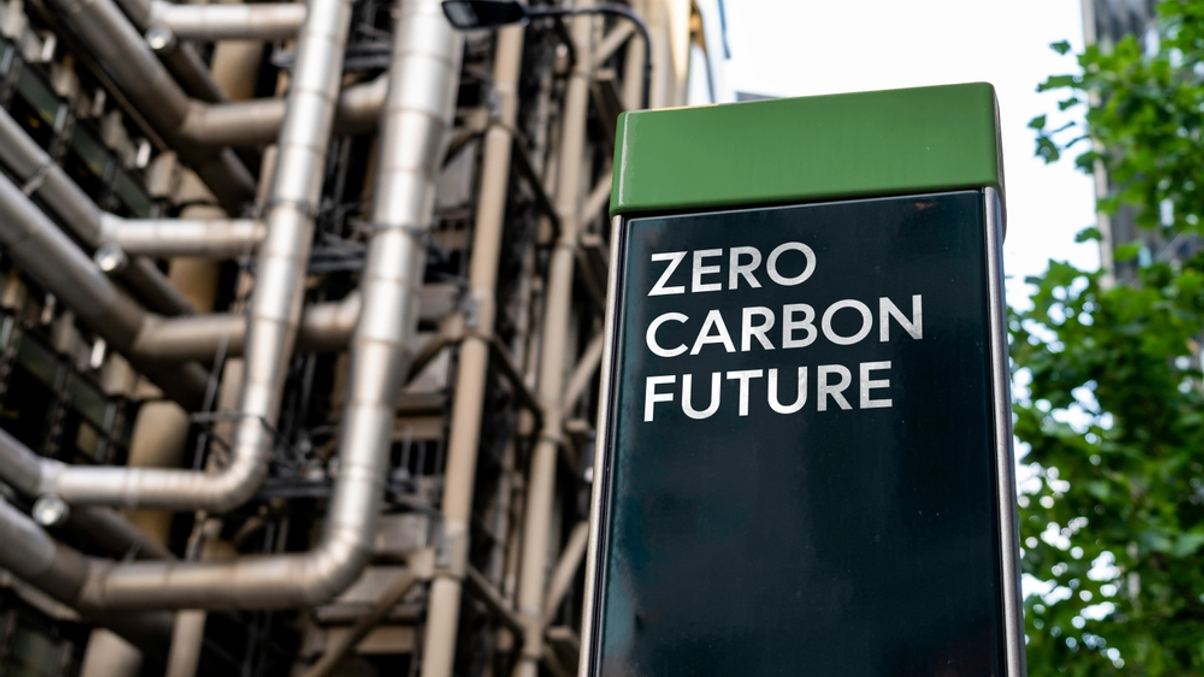Temasek-backed Pentagreen eyes zero-carbon infra projects
Temasek and HSBC-backed Pentagreen Capital is actively looking at low or zero-carbon infrastructure projects in Southeast Asia and South Asia to implement its remit to finance marginally bankable projects.

Pentagreen Capital is setting its sights on zero-carbon infrastructure projects in renewable energy, energy storage, sustainable transportation, water, waste treatment, and the circular economy, according to CEO Marat Zapparov.
Sign in to read on!
Registered users get 2 free articles in 30 days.
Subscribers have full unlimited access to AsianInvestor
Not signed up? New users get 2 free articles per month, plus a 7-day unlimited free trial.
¬ Haymarket Media Limited. All rights reserved.


